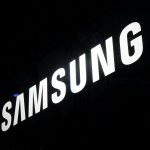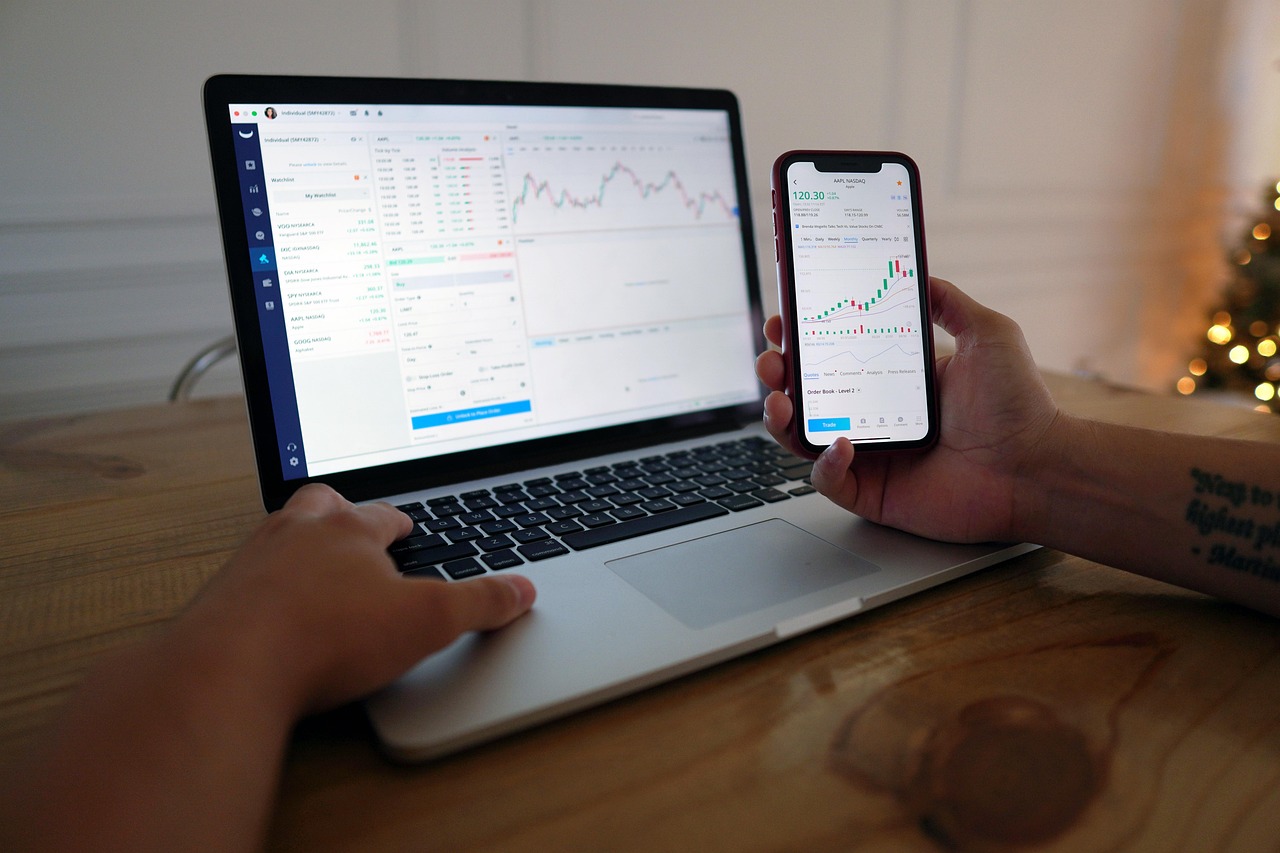German pharmaceutical and chemical giant Bayer saw its stock price plummet by over 7% after a U.S. jury in Georgia ordered the company to pay roughly $2.1 billion (approximately €1.938 billion) due to its glyphosate-based weedkiller, Roundup.
This ruling marks another major legal setback for Bayer concerning Roundup, a widely used herbicide originally developed by Monsanto, a U.S. agrochemical company Bayer acquired in 2018. According to the jury’s decision late Friday evening, Bayer must compensate a plaintiff who claims the glyphosate-based Roundup caused his cancer.
Following the decision, Bayer announced its intention to appeal, asserting its disagreement with the jury’s findings. American media reports highlighted the company’s determination to challenge the ruling, emphasizing Bayer’s position that extensive scientific studies support glyphosate’s safety when used properly.
However, this isn’t Bayer’s first costly setback related to Roundup. The company has already spent approximately $10 billion in settlements and legal fees to resolve multiple lawsuits across the United States involving similar claims. Despite this enormous payout, Bayer continues to face significant legal pressure.
Currently, around 60,000 lawsuits remain unresolved, with plaintiffs alleging serious health impacts due to Roundup exposure. Anticipating potential further financial penalties, Bayer previously set aside an additional reserve fund of approximately $6 billion to manage any future settlements and legal expenses associated with ongoing litigation.
Investors are increasingly wary, reflected clearly in the sharp drop in Bayer’s stock price. The uncertainty surrounding Roundup litigation has weighed heavily on investor sentiment, damaging the company’s market value significantly. Analysts suggest that ongoing legal challenges will likely continue impacting Bayer’s financial stability and shareholder confidence for the foreseeable future.
The glyphosate controversy has been an ongoing challenge for Bayer ever since it completed its acquisition of Monsanto. The deal, valued initially at around $63 billion, was meant to solidify Bayer’s position in the global agricultural industry. However, unexpected legal battles over Roundup have resulted in billions of dollars in unforeseen costs, overshadowing potential synergies and growth opportunities initially envisioned through this strategic acquisition.
Environmental groups and consumer advocates have been persistently vocal against the use of glyphosate, emphasizing health risks, particularly its alleged carcinogenic effects. Glyphosate, widely used worldwide for weed control, is a controversial substance, with conflicting scientific studies fueling debates over its safety profile. In 2015, the International Agency for Research on Cancer (IARC), an arm of the World Health Organization (WHO), classified glyphosate as “probably carcinogenic,” intensifying public scrutiny and bolstering legal challenges.
In contrast, several regulatory bodies, including the U.S. Environmental Protection Agency (EPA) and the European Food Safety Authority (EFSA), maintain that glyphosate is safe when used as directed, complicating public understanding and policymaking on the herbicide’s usage.
The substantial jury award from the Georgia court highlights the depth of public skepticism regarding glyphosate’s safety and underscores the broader risks associated with agrochemical products. It also signals to other agrochemical companies the potential for massive financial exposure due to litigation concerning product safety and consumer health impacts.
 TransDigm Group Eyes Acquisitions and Debt Offering Ahead of Quarterly Earnings
TransDigm Group Eyes Acquisitions and Debt Offering Ahead of Quarterly Earnings  Telefónica Slims Down Latin American Footprint with Hiberus Deal
Telefónica Slims Down Latin American Footprint with Hiberus Deal  Resilience in Large-Cap Growth and Structured Credit
Resilience in Large-Cap Growth and Structured Credit  Taqa Enters Spanish Market with $1.2 Billion Acquisition of GS Inima
Taqa Enters Spanish Market with $1.2 Billion Acquisition of GS Inima  Rheinmetall Stock Holds Steady Amid Moderate DAX Movement
Rheinmetall Stock Holds Steady Amid Moderate DAX Movement  Which Smartphone Batteries Last the Longest? New EU Data Highlights Big Differences—Especially for Samsung
Which Smartphone Batteries Last the Longest? New EU Data Highlights Big Differences—Especially for Samsung  U.S. Stock Markets Edge Higher Ahead of Fed Interest Rate Decision
U.S. Stock Markets Edge Higher Ahead of Fed Interest Rate Decision  Cambium Networks: Delivering Wireless Solutions for a Connected World
Cambium Networks: Delivering Wireless Solutions for a Connected World  DAX Closes Strong Above 24,000 as Markets Shake Off Trade Worries
DAX Closes Strong Above 24,000 as Markets Shake Off Trade Worries 